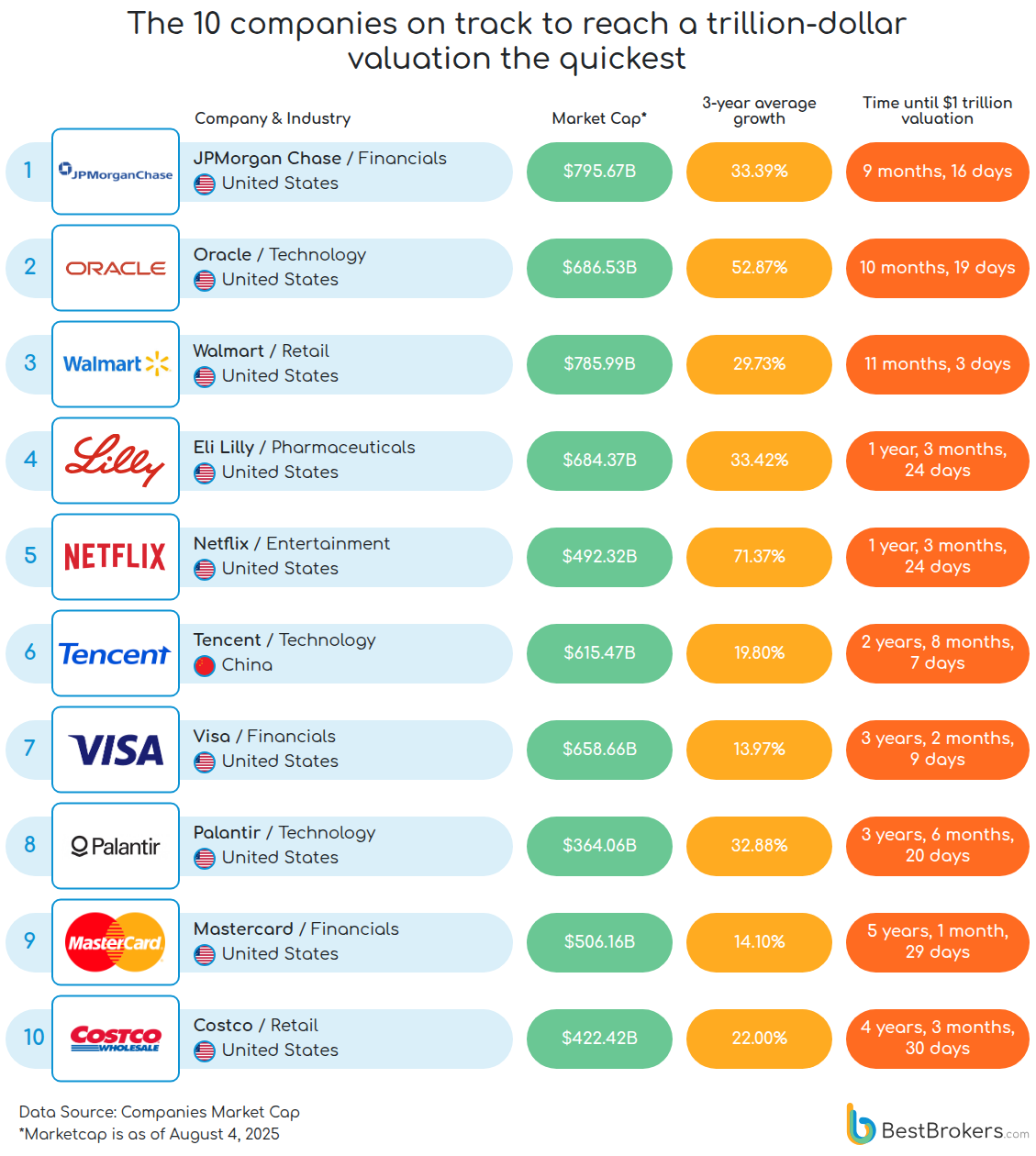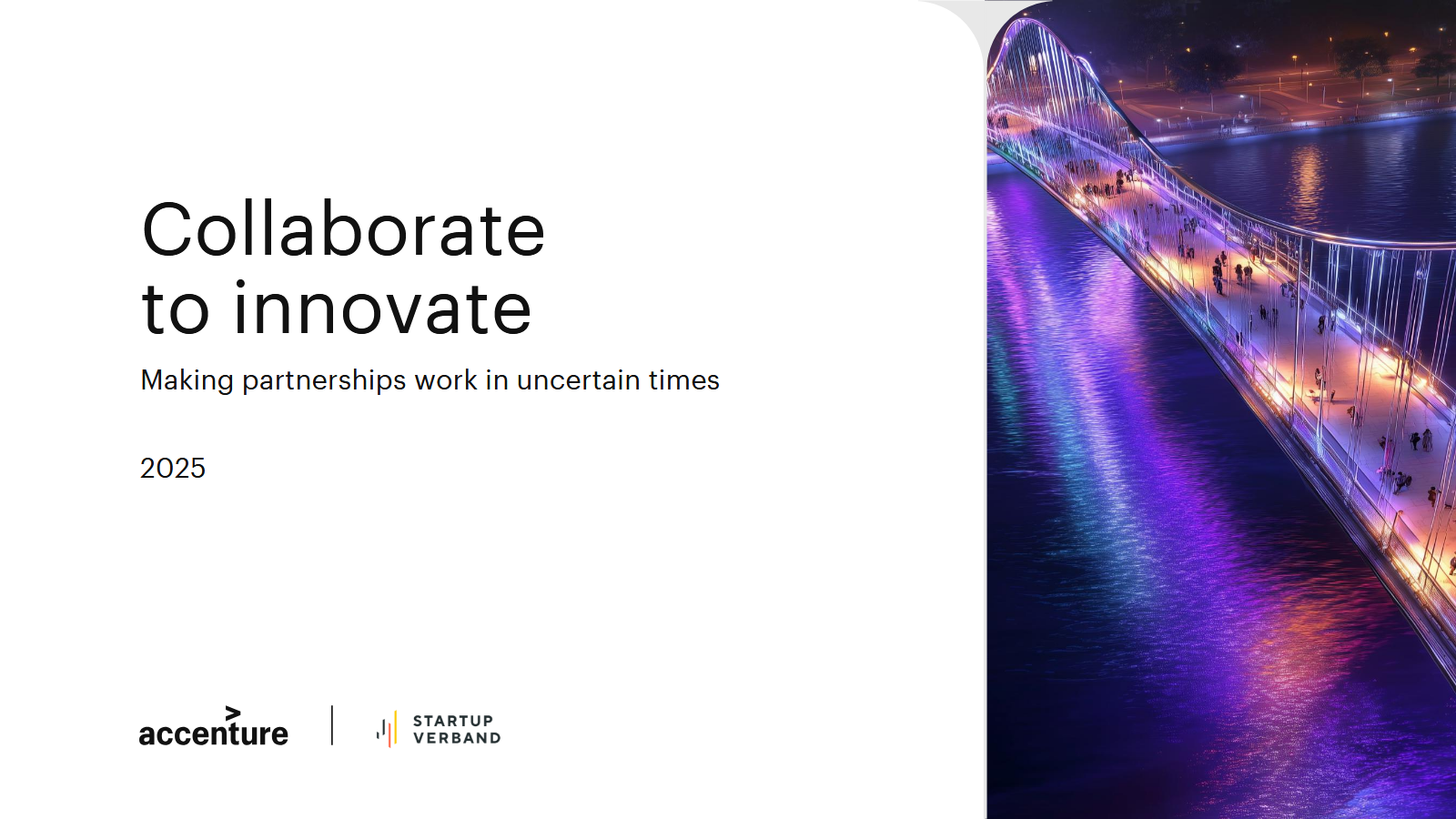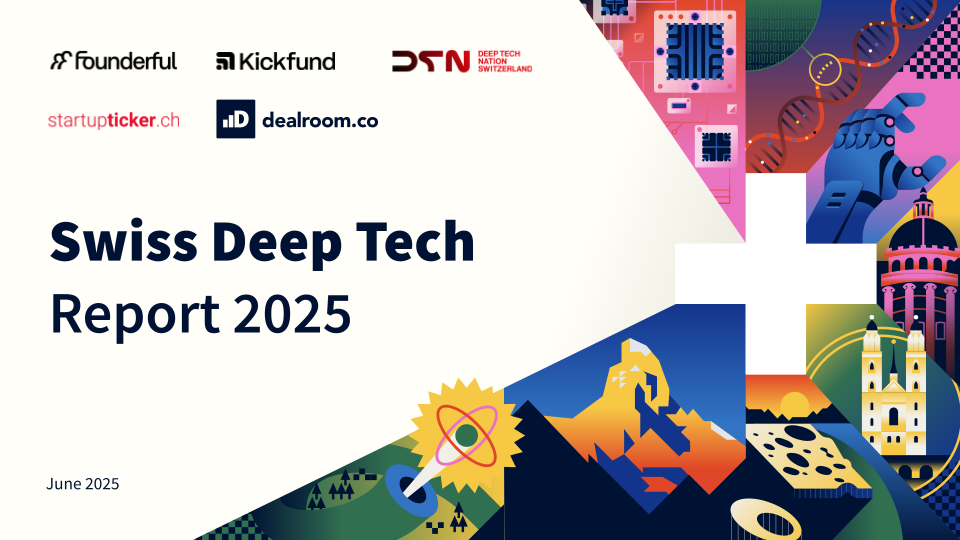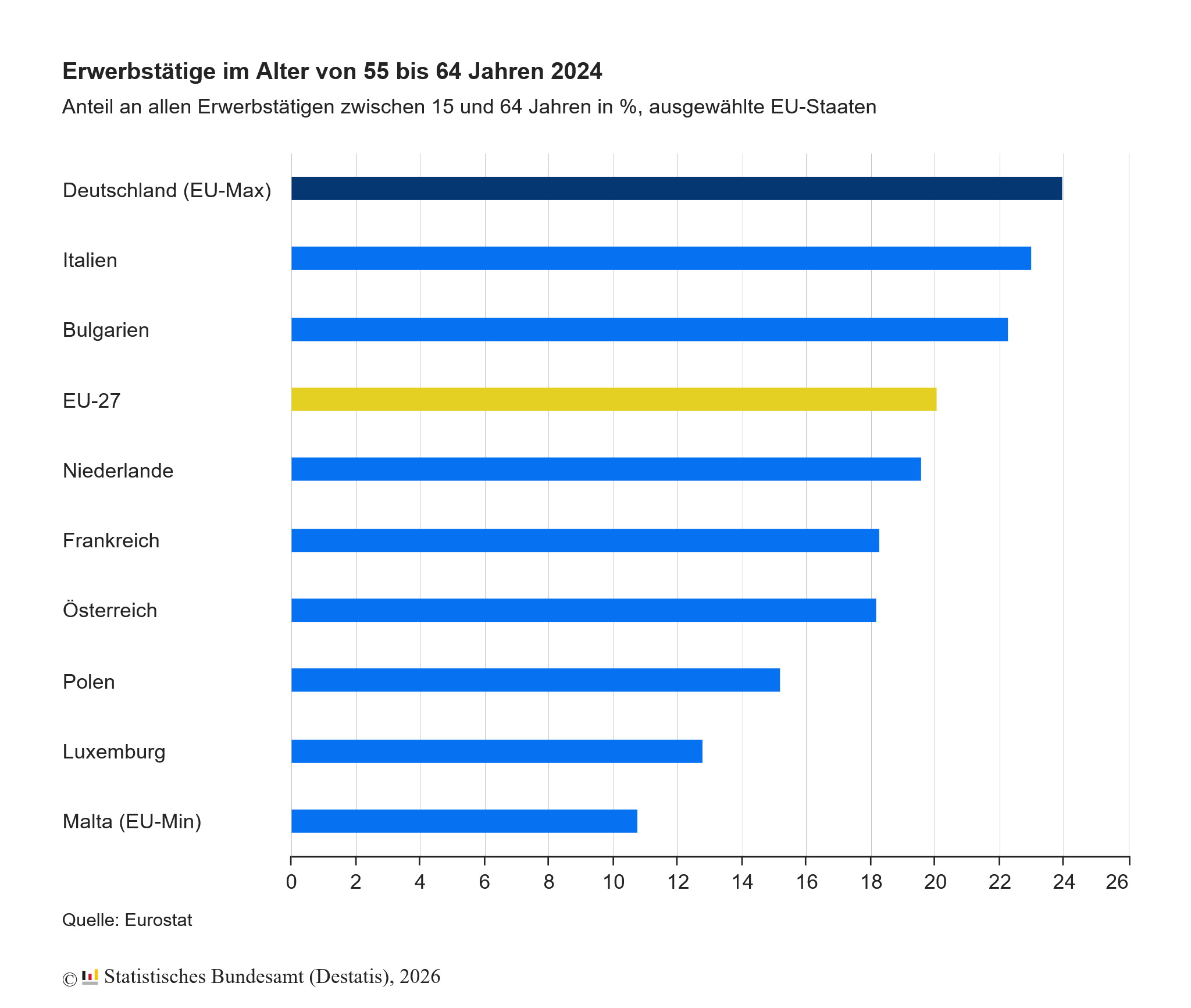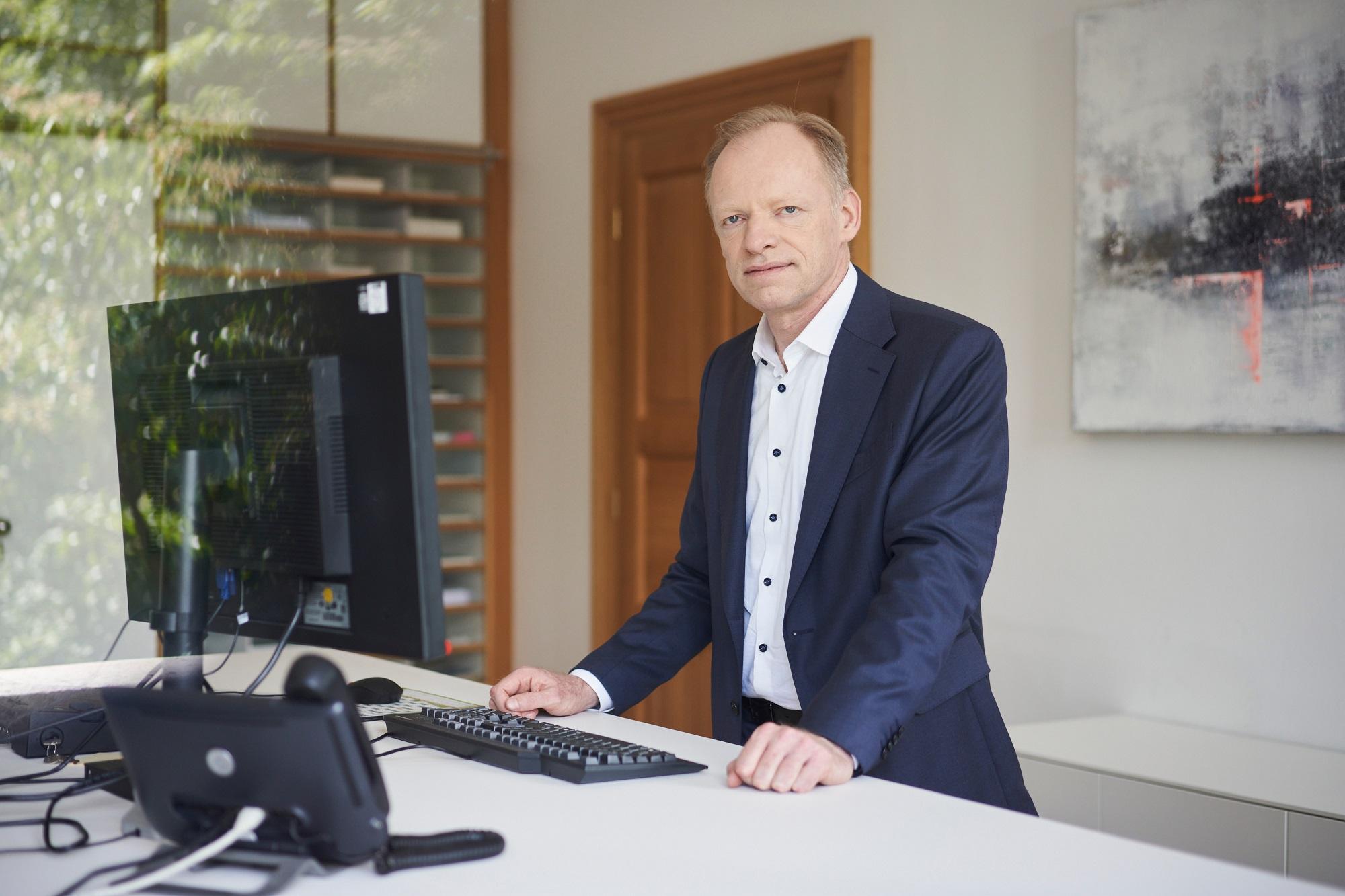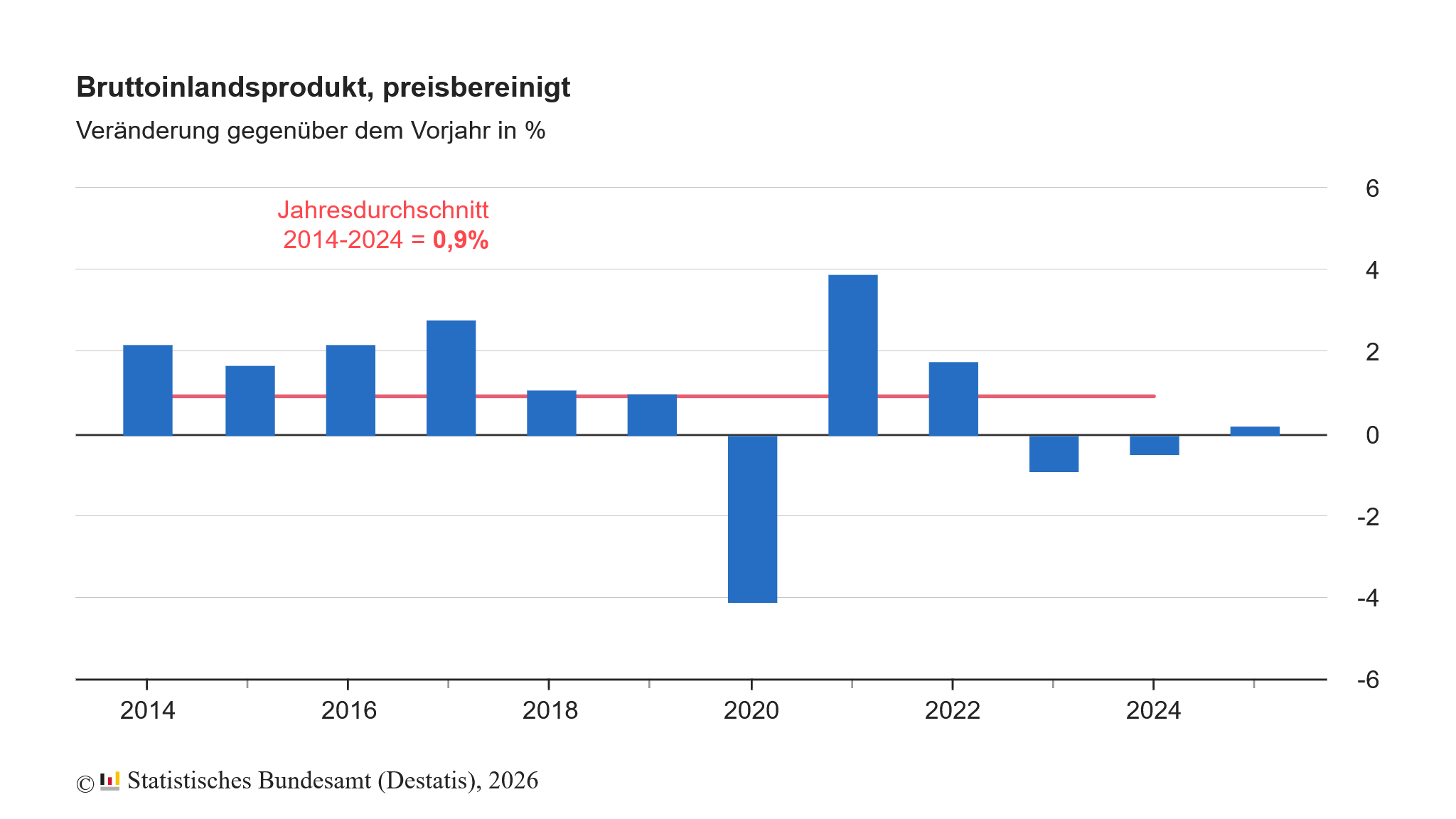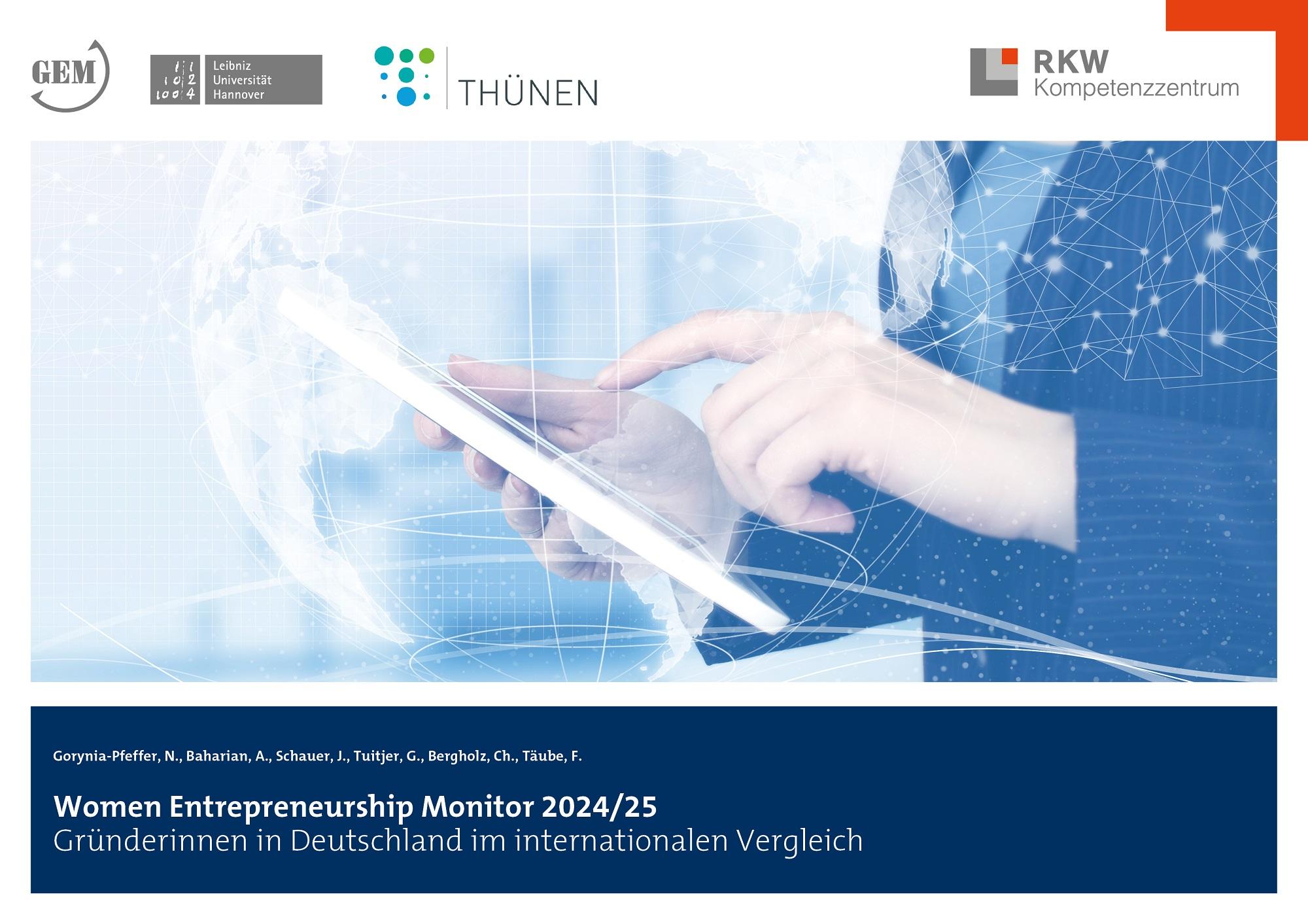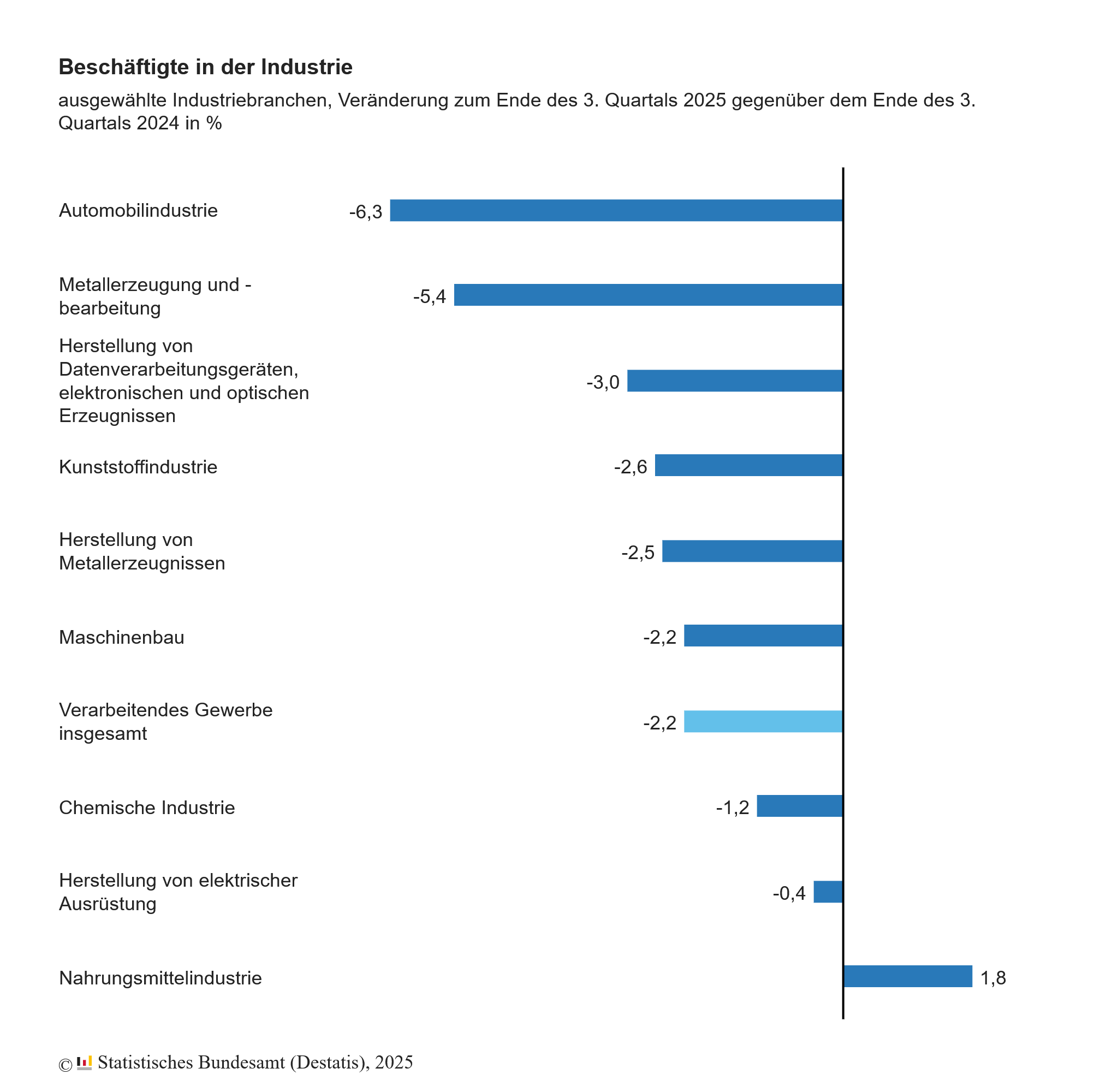Gender gap in start-ups is shrinking - GEM

According to the Global Entrepreneurship Monitor (GEM), the start-up rate for women in Germany was 8.5% in 2024, which is higher than ever before. This represents an increase of 2.6 percentage points compared to the previous year. The rate for men also rose to 11% (an increase of 1.7 percentage points). The gender gap, i.e. the difference between the male and female start-up rate, has therefore fallen from 3.4 to 2.5 percentage points. In an international comparison of high-income countries, Germany ranks 5th out of 12 countries with a below-average gender gap.
The GEM start-up rate measures the proportion of 18- to 64-year-olds who have started or are currently starting a business in the last 3.5 years.
International differences remain
Despite the positive trend, the gender gap in start-ups is a globally widespread phenomenon. In almost all high-income countries, men start up businesses more often than women. While in Norway there are only 31 women and 69 men per 100 founders, the ratio in Austria is almost balanced at 48 to 52. In Germany, the ratio in 2024 was 43 female founders to 57 male founders.
Motives for starting a business
A high proportion of the founders surveyed stated that they wanted to achieve financial success through self-employment: 58.7% of women and 69.3% of men. For more than half (54% of women, 52.2% of men), securing a livelihood was also a motivation. Social impact also plays a role: 45.9% of female founders and 45.1% of male founders want to contribute to change with their start-up. Continuing a family tradition, on the other hand, was mentioned less frequently.
Differences in perception and self-image
GEM data shows that female founders express doubts about their own start-up opportunities and abilities more frequently than men. Just under 70 percent of women saw good opportunities for starting a business in their region, compared to over 80 percent of men. There was also a difference in the self-assessment of their own abilities: 82.5 percent of women believed they had the necessary know-how. The corresponding figure for men was 91.2 percent.
Germany as a business location: need for improvement in the promotion of female founders
The assessment of the framework conditions for female founders in Germany is mixed. On a scale of 0 to 10, start-up experts rate them at 4.4 points. Eight of the twelve other start-up conditions, such as advice, infrastructure or government programs, scored better.
One frequently cited disadvantage is that women often have less access to funding. The experts surveyed generally saw men rather than women as having an advantage when it came to raising capital prior to a start-up.
Potential through targeted support measures
Initiatives such as "Exist-Women" could help to further close the start-up gap. What is particularly striking is that, at 28.9%, the proportion of female academics among female founders is significantly higher than that of male founders, which indicates a high affinity for start-ups among female students.
According to the survey, websites and personal contacts with support organizations are the most important sources of information for successfully approaching potential female founders, followed by social media. Traditional media such as radio, television or print play a much smaller role.
RKW Competence Center and Thünen Institute
The Global Entrepreneurship Monitor (GEM) is the world's most comprehensive comparative study on start-up activity in different countries. The international research project has been collecting data on the start-up rate and entrepreneurial behavior every year since 1999. The survey is now carried out in over 50 countries on all continents. The GEM enables both country-specific analyses and international comparisons and serves as an aid for political decision-makers, business promoters and academia in the further development of start-up ecosystems. The German edition of the GEM 2024/25 was compiled by the RKW Competence Center and the Thünen Institute in cooperation with the Federal Ministry for Economic Affairs and Energy. The current results are based on surveys of over 160,000 people worldwide, including more than 3,000 in Germany, as well as assessments by almost 2,500 experts.
The aim of the GEM is to reveal differences in the scope and quality of start-up activities, to identify influencing factors in the respective start-up environment and to derive approaches for promoting start-ups. The survey is based on two central instruments: the population-representative survey (Adult Population Survey) on start-up activity and motivation and the expert survey (National Expert Survey) on start-up-related framework conditions. All phases of entrepreneurial activity are examined, from pre-start-up to active self-employment through to the closure of a business. The central measure of start-up activity is the so-called TEA rate (Total Early-Stage Entrepreneurial Activity), which indicates the proportion of people who have recently started up or are currently in the start-up phase.

Newsletter
Startups, stories and stats from the German startup ecosystem straight to your inbox. Subscribe with 2 clicks. Noice.
LinkedIn ConnectFYI: English edition available
Hello my friend, have you been stranded on the German edition of Startbase? At least your browser tells us, that you do not speak German - so maybe you would like to switch to the English edition instead?
FYI: Deutsche Edition verfügbar
Hallo mein Freund, du befindest dich auf der Englischen Edition der Startbase und laut deinem Browser sprichst du eigentlich auch Deutsch. Magst du die Sprache wechseln?





